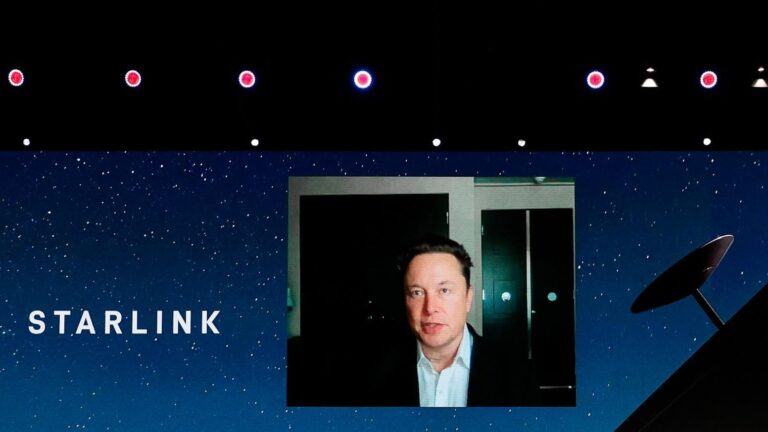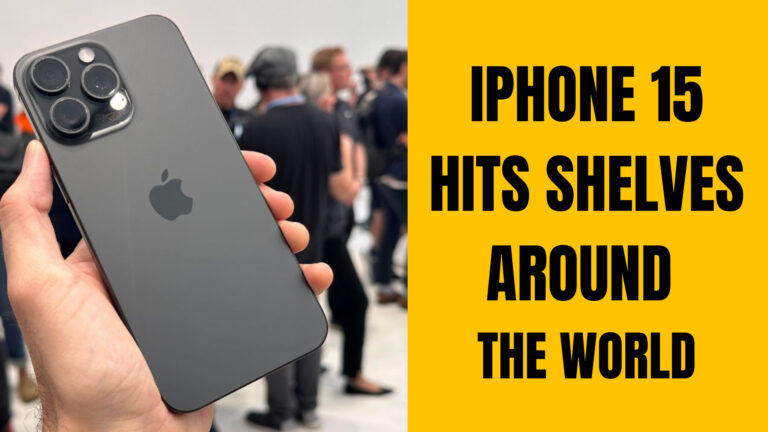
Warm up
—- * * FOR NEW STUDENTS ** ————————————— ————
- What industry do you work in and what is your role?
- What are your responses in your role / position?
- Can you describe to the function of your workplace / company?
- How many departments, how many offices. National or International?
- What is the Minimum requirements for employment ie Education or Experience?
- How many opportunities are there to ‘move up the ladder’?
- What is the process for changing job roles ie Interview? Test?
————————————————– —— ——————————————– ——- —
General discussion about your workweek:
- Current projects? Deadlines? Opportunities?
- Anything of interest happening?
————————————————– —— ——————————————– ——–
https://www.forbes.com/sites/williampesek/2019/10/30/elon-musks-plan-to-save-the-world-from-choking/#389a33f94512
Script
1. Two things about Elon Musk’s bold foray into China are decidedly extraordinary.
First, the Tesla billionaire seems about to actually make a deadline. Chinese-made Tesla Model 3’s just started rolling off assembly lines, right on schedule. Second, Musk, a man infamous for Twitter meltdowns, has been uncharacteristically disciplined about his China tweets. Hong Kong protests, what’s that?
Yet the most fascinating thing about Musk’s China mission is how the U.S. and Japanese economies risk getting left behind.
2. Placing his latest Gigafactory in Shanghai makes eminent sense. For all China’s economic risks—and a 25% import tax—it’s Tesla’s second-biggest market after the U.S. Even more important, though, is how China’s Xi Jinping is incentivizing electric vehicles in ways Washington and Tokyo aren’t.
Though President Xi’s 2019 has been a mess thanks to Donald Trump’s tariffs, China is investing untold billions of public funds in owning the EV market. U.S. President Trump is busily nudging Detroit to make less fuel-efficient cars. Japanese Prime Minister Shinzo Abe is busily hawking “clean coal” power plants around the globe. Xi, in other words, is driving China in the direction of a renewable energy boom, while Trump and Abe are nostalgic for the 1980s.
3. Enter Musk, who’s reading from the Wayne Gretzky playbook. Just as the hockey great had a knack for knowing where the puck was going next, Musk is putting his innovative eggs where government policies have both the foresight and scale to know that high-performance batteries are the new oil.
Japan has its own fabled history in this regard. When Musk set up his original Gigafactory in the Nevada desert in 2014, one of his first partners was Panasonic, a Japan Inc. icon founded in 1918. Musk sought to tap the Osaka-based company’s decades of research and development on next-generation battery technology, and wisely so.
4. In recent years, though, Tokyo lost sight of the bigger picture. Since 1999, politicians have been leaning on the Bank of Japan to cut interest rates to zero and beyond to revive growth and end deflation. Absent are government policies to revive Japan’s animal spirits and encourage the private sector to find alternatives to fossil fuels.
Xi’s China, for all its missteps, gets it. It’s striking, for example, that it took Musk less than 170 days to navigate Beijing’s notorious bureaucracy and open shop. That’s warp-speed by Communist China standards and speaks to Beijing’s determination to see the rubber on “Made in China 2025” hit the proverbial road.
5. For China, the effort is partly about cleaning the skies and waterways in the most populous nation. It remains to be seen how 1.4 billion mainlanders can avoid choking on 6%-plus growth. Here, an EV revolution would help engineer a more sustainable growth. Those batteries could later power homes, businesses, airplanes and ships.
Yet it’s also about China leading the future—a future that Trump and Abe seem oddly happy to forfeit. Sure, Chinese companies can try to build cars to compete with Toyota, Volkswagen and General Motors. The real money, though, is in inventing clean and cheap ways to revolutionize transportation and household energy solutions
6. As Trump essentially takes America out of the game and Japan prioritizes nuclear reactors, China has a solid shot at grabbing significant market share. And Musk sure seems to know it. His travels to China have become conspicuously more numerous, drawing headlines. In August, Musk met with Transport Minister Li Xiaopeng in Beijing, along with other government officials. In Shanghai, he appeared at an event with Jack Ma of Alibaba fame.
Musk’s charm offensive appears to have paid off: an exemption on Beijing’s 10% consumption tax on cars, an extreme rarity for a foreign EV maker. Locals are agog at how quickly Musk acquired land and loans from state-owned banks.
The Tesla guru, meantime, has steered clear of angering China via tweet. The National Basketball League’s China troubles—caused by a tweet supporting democracy in Hong Kong—demonstrate the costs of a single 280-word thought fragment.
7. Can Musk avoid irking China? He has a knack for ginning up trouble, including with the U.S. Securities and Exchange Commission (for erratic comments about taking Tesla private).
Only time will tell. Here, though, is an example of the fastest-growing major economy partnering with one of the boldest visionaries of our time. And of the globe’s No. 1 and No. 3 economies standing on the side of the road.
8. The EV boom should be resource-poor Japan’s for the taking. Sadly, Abe’s Liberal Democratic Party is as much a slave to the “nuclear village” as it was in 1985. This nexus of pro-reactor politicians, academics and investors stymied the attempts of SoftBank’s Masayoshi Son to build giant solar panel farms. Bureaucratic barriers galore kept Son from storing energy in national power grids.
Trump, meantime, seems more inspired by “The Flintstones” than Silicon Valley propelling energy innovation into the future. The stamps on Musk’s passports are all the economic indicator futurologists need to discern who will profit from the coming battery revolution—China.
Discussion
1. Would you like to drive an electric car? wh, why not? How about an automated car?
2. How long do you think it will take before all cars are electric? do you think this is possible?
3. Which industries in japan do you think are growing the fastest? Which industries are shrinking? Why do think this is?
Keywords
- bold foray = a brief but spirited attempt to become involved in a new activity or sphere
- infamous
- meltdowns = an uncontrolled emotional outburst or a mental collapse.
- uncharacteristically = not typical of a particular person or thing.
- eminent sense = (of a positive quality) present to a notable degree.
- untold = too much or too many to be counted or measured. limitless
- busily nudging
- hawking = carry about and offer (goods) for sale, typically advertising them by shouting.
- hockey great
- knack for = natural skill or talent
- putting his innovative eggs = putting his new idea resources
- fabled = famous, especially by reputation. / mythical; imaginary. legendary
- sought to tap
- lost sight of the bigger picture
- leaning on = pressuring or dependent on
- animal spirits = primal instinct
- striking = suprising / shocking
- notorious bureaucracy
- warp-speed
- hit the proverbial road = (of a word or phrase) referred to in a proverb or idiom.
- forfeit = surrender / give up
- conspicuously = attracting notice or attention.
- offensive / defensive
- agog = very eager or curious to hear or see something.
- thought fragment.
- irking = irritate; annoy.
- ginning = generate or increase something, especially by dubious or dishonest means.
- erratic = unpredictable
- Only time will tell
- nexus = a central or focal point.
- stymied = prevent or hinder the progress of.
- galore / aplenty – in large quantities
- The Flintstones
- futurologists = Futurists are people whose specialty or interest is futurology or the attempt to systematically explore predictions and possibilities about the future and how they can emerge from the present
- discern = recognize or find out.



